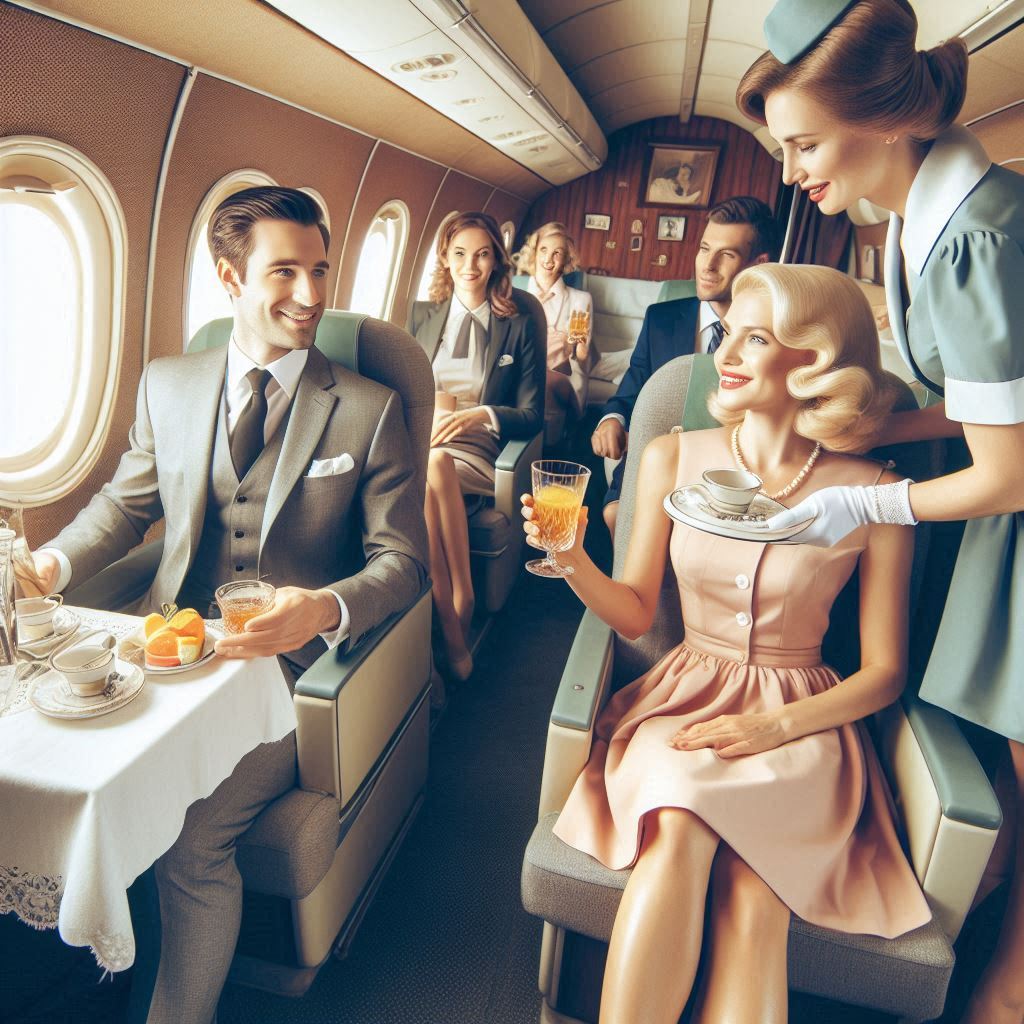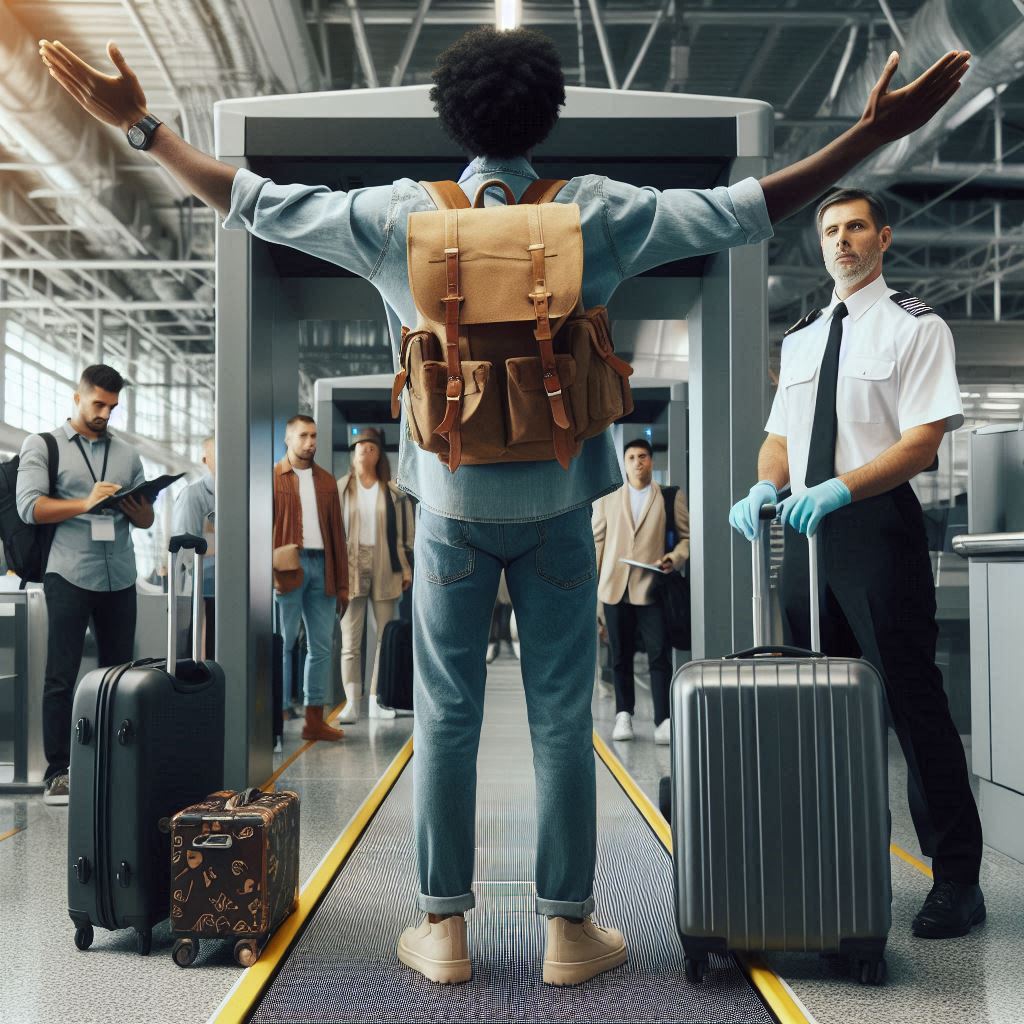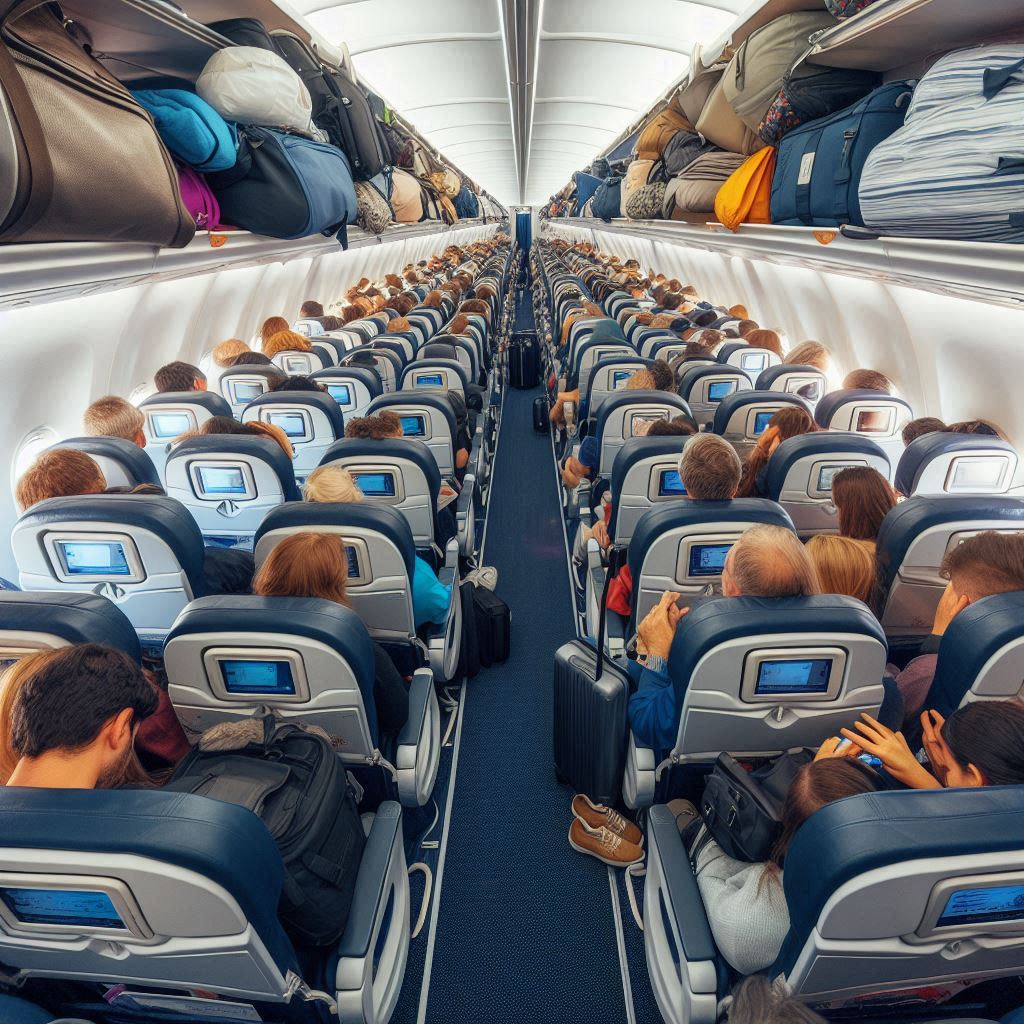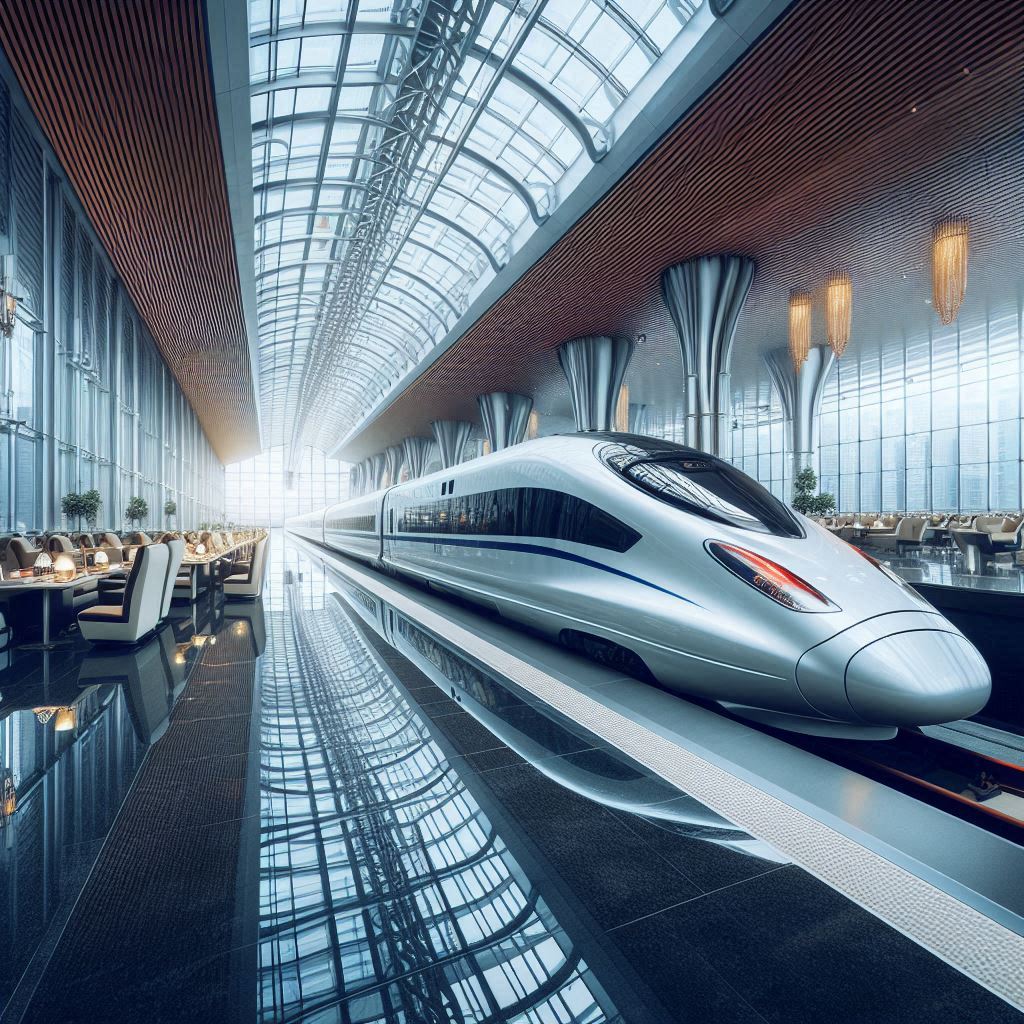I’m writing the first words of this blog at Manchester Airport before an international trip with work. Planning this trip triggered the idea for this blog; how business travel has changed and the lessons I have learned over the intervening years. I have the kind of personality that could be politely referred to as “detail conscious”, meaning that travel has always been a way for me to over focus on making arrangements and ensuring I know every detail. Travel these days, with its plethora of websites relating to flight booking, airline reviewing, and even aircraft seating reviews is a bit of a candy shop for the obsessive like me. But does that actually make it better?

I started travelling with business in the days before the internet was commonplace, and obviously it was a very different experience. In those days my flights were booked via a travel agency, which involved a person. If I was making an engineering visit, my first couple of nights of hotel stay were booked by the same travel agent. If I wanted to continue working I’d find another hotel by telephoning the travel agent, or I’d do it myself using the telephone directory to find a suitable hotel.
As to the weather… without an internet to ask, I’d either guess, use my common sense (it’s February and I’m going to Moscow… probably need a coat), or refer to the newspaper – there was usually a chart of daily temperatures for the larger global cities. Considering the British obsession with weather, this was a degree of uncertainty I didn’t like and occasionally got caught out.

I remember flying to Riga one early March. It was about 5C (41F) in Manchester so I did have my coat and probably some gloves too. But as the plane approached Riga, the captain informed the passengers that it was -17C (1F). I had no frame of reference for this temperature, the UK is pretty moderate really. It was also windy, very windy. My taxi couldn’t get right up to my hotel as some of the city centre is pedestrianized. By the time I’d walked from the drop off to the hotel my ears were bright red, the hotel check-in staff were genuinely concerned, frost bite is not a joke in the Baltic countries… So not a great story, but it does make for a good anecdote, and every British citizen loves to build up their repertoire of weather anecdotes. These days I always pack a woolly hat if it may be cold.
Back to my early days of travel; this is the 1990’s and at that time, travel was still a luxury. This is before the heyday of budget airlines remember, and I still remember that at the time, travel was a pleasure not a chore. Telling my (fairly youthful) friends that I was about to travel to Seoul or Singapore seemed impossibly glamorous. The reality wasn’t far behind either, the airlines for long haul flights treated you exceptionally well, there was little in the way of cost cutting. If you wanted to drink wine for the whole 14 hours of the flight, no problem sir! I even remember the airline food in those days being of reasonable quality (and quantity).
One thing that added to the excitement was the comparatively larger degree of uncertainty about the whole thing. For a start, I never knew which airline I was flying with, and which route. That was decided by the travel agent – I just got handed a ticket a few days before travel. Same with the hotel – I had a name and address of the hotel but there was no Tripadvisor to consult, so pulling up outside the hotel in the taxi or bus could either be a real treat or a huge disappointment.

For me, in those early days a great part of the travel experience was going to the front desk of the hotel, asking for a map (they all had fold-out paper maps in those days) and looking to see where I could explore when not working. I went to quite a few large cities knowing nothing more about them than their name, a much less likely occurrence these days. Perhaps I am looking back with rose-tinted glasses but I even remember the airports themselves as bearable in those days. You still needed a sense of purpose to navigate them smoothly, as you do today, but they were definitely less busy. For obvious reasons (again, this is the 90’s) security was less tense and less invasive too. So where did it all go wrong? I can’t blame any one thing, it’s a series of little deaths that amount to a sea change in the way air travel works.

The ”budget” airlines definitely started the rot. It is true that they democratized air travel for all, and did bring air travel within reach of many more people, but in doing so they needed to cut corners and that took a lot of the fun out of travel. If you’re a European you will remember that in the early days of the airlines Easyjet and Ryanair, they didn’t even give you a seat number. The scrum at boarding time was very unseemly and was the lowest point for air travel.
The 9/11 attacks, the late noughties recession, and then the pandemic all continued the race to the bottom. Airlines collapsed, security became necessarily tighter, and at least in the case of the UK, huge numbers of airline and airport staff were laid off during the pandemic. Again referring just to the UK, a couple of years ago the staff shortage at Manchester airport became so bad that even for short flights we were advised to get to the airport three hours before the flight, in order to navigate the two hours of queuing to check in and go through security. It’s better now, but still not like it was.

These days, if you can be the regular air traveller from the George Clooney film “Up in the Air”, knowing how to navigate each part of the airport and how to pack efficiently, then it’s bearable, if not the luxurious experience it was. So what’s the solution? One obvious one is to travel less. We’re all very aware of the environmental impact of air travel, so we should all do our bit to avoid unnecessary air travel. Luckily, the alternatives are getting better, too. I’ve been fortunate enough to travel by high speed trains in multiple countries this year and it is really becoming a viable alternative.

By example, I went by train from Beijing to Nanjing recently, a journey of over 1,000km (>620 miles). It’s a two hour flight, with the added time of getting out of the city to the airport, through the airport, then back into the city at the other end. My journey by train, from city centre to city centre, was three and a half hours. Overall, I think it is pretty close which is the quickest, and the train was most definitely the cheaper option.
The high speed trains in China, like many others I have been on, are a class above in luxury when compared to air travel, so would always get my vote where possible. France, Japan, Spain, South Korea, and many other countries now have high speed rail networks, reducing the need for air travel for some circumstances. I’m not an expert at calculating CO2 emissions but I suspect that the environmental load you create by train travel is lower than that from air travel, another tick in its favour. As the adverts used to say in the UK… “let the train take the strain!”
That’s all for this month, but if you’ve got any comments or travel experiences that you’d like to share, then please let me know, I’d be keen to hear (Stephen.guilfoyle@isotopx.com). More next time!
